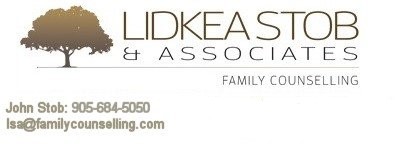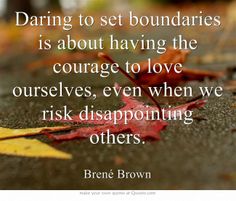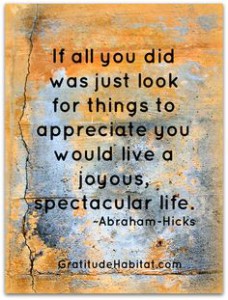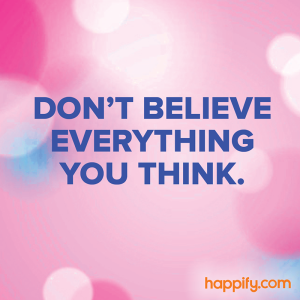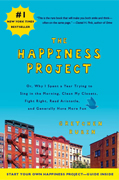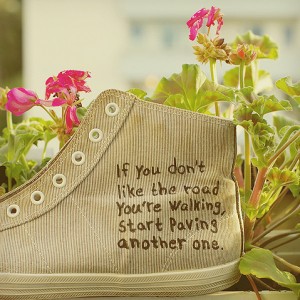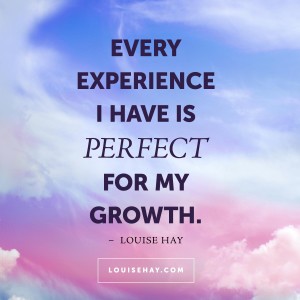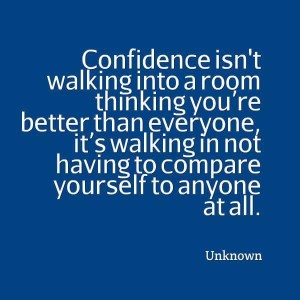Setting Limits
With busy lives and limited resources maybe in energy, finances or time we can find ourselves stretched and even resentful. I once had a young, but very wise personal trainer who told me “every time you say yes you must say no to something else.” I would often protest at his words of wisdom saying I can’t let anything go because it is all important. He was right though and sometimes we just need to figure things out the hard way. In my life that usually is when my body tells me it is time to stop by gifting me with a cold or flu.
In an article from by Britt Bolnick, How to Set Healthy Boundaries: 3 Crucial First Steps, the first step is to get in touch with how you are feeling and recognize the sensations in your mind and body. Being proactive is important and by recognizing signs such as fatigue, irritability or gastrointestinal issues early we can make changes. Our bodies actually have an early warning system built in but we don’t always listen to it. Be present, be aware of drained energy levels and take action.
Our lives are always changing and yet we find it difficult to let things go. At some point life is too full and in order to make space for new experiences we need to let go of things that no longer have a purpose in our life. Do a personal audit. Are there people who leave you feeling exhausted or annoyed after spending time with them? Are there activities that you continue to do that make you feel resentful but you have always done them? Create a boundary and set limits. Shield your personal energy, as it is a precious resource.
In 7 Ways to Protect Your Energy and Enforce Healthy Boundaries, Dr. Susan Biali suggests that you “get clear about what a protected, on purpose life would look and feel like”. Create a list. How would you know that your life was in balance and on purpose? What would you have in it? What things might you limit? What would be new? What changes would you make? Would you have more energy?
So get a journal and take a minute to write a few of these things down. Once you are done you can create a new blueprint for your life with some healthy boundaries and limits. It can take time to do but as you make those changes you will notice subtle shifts in how you feel. Remember that a happier, energized and more fulfilled you, means you are now able to give positively to others and still have something left for you.
